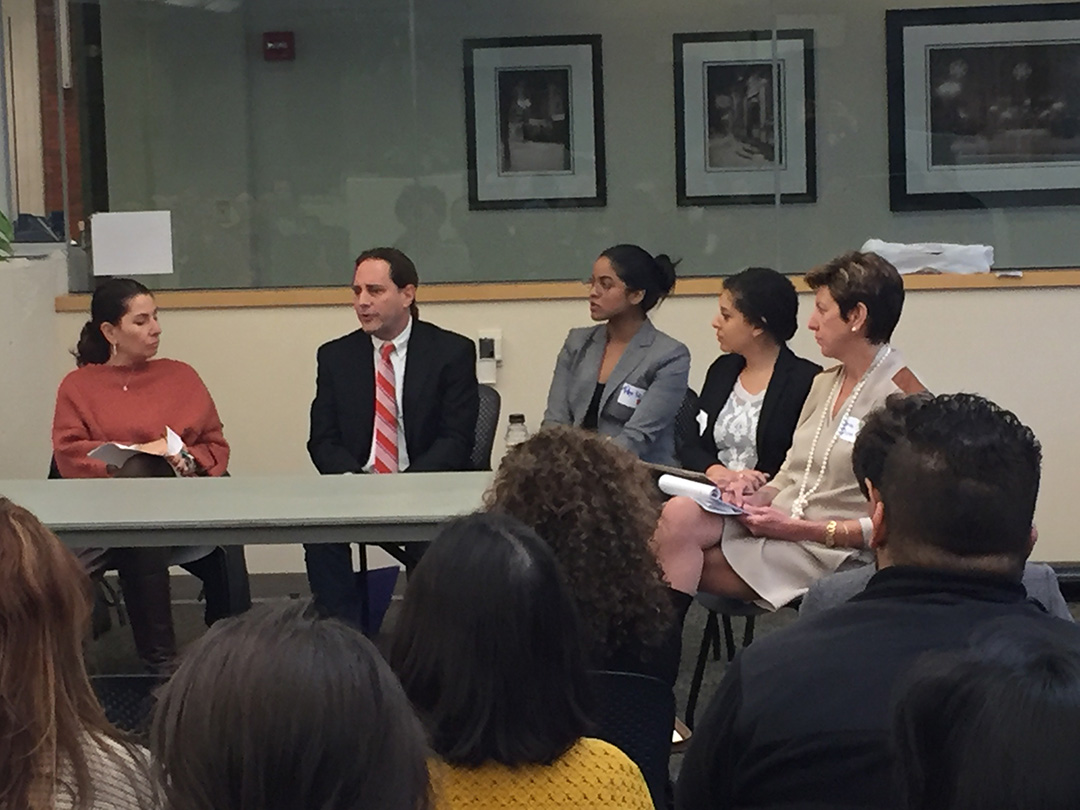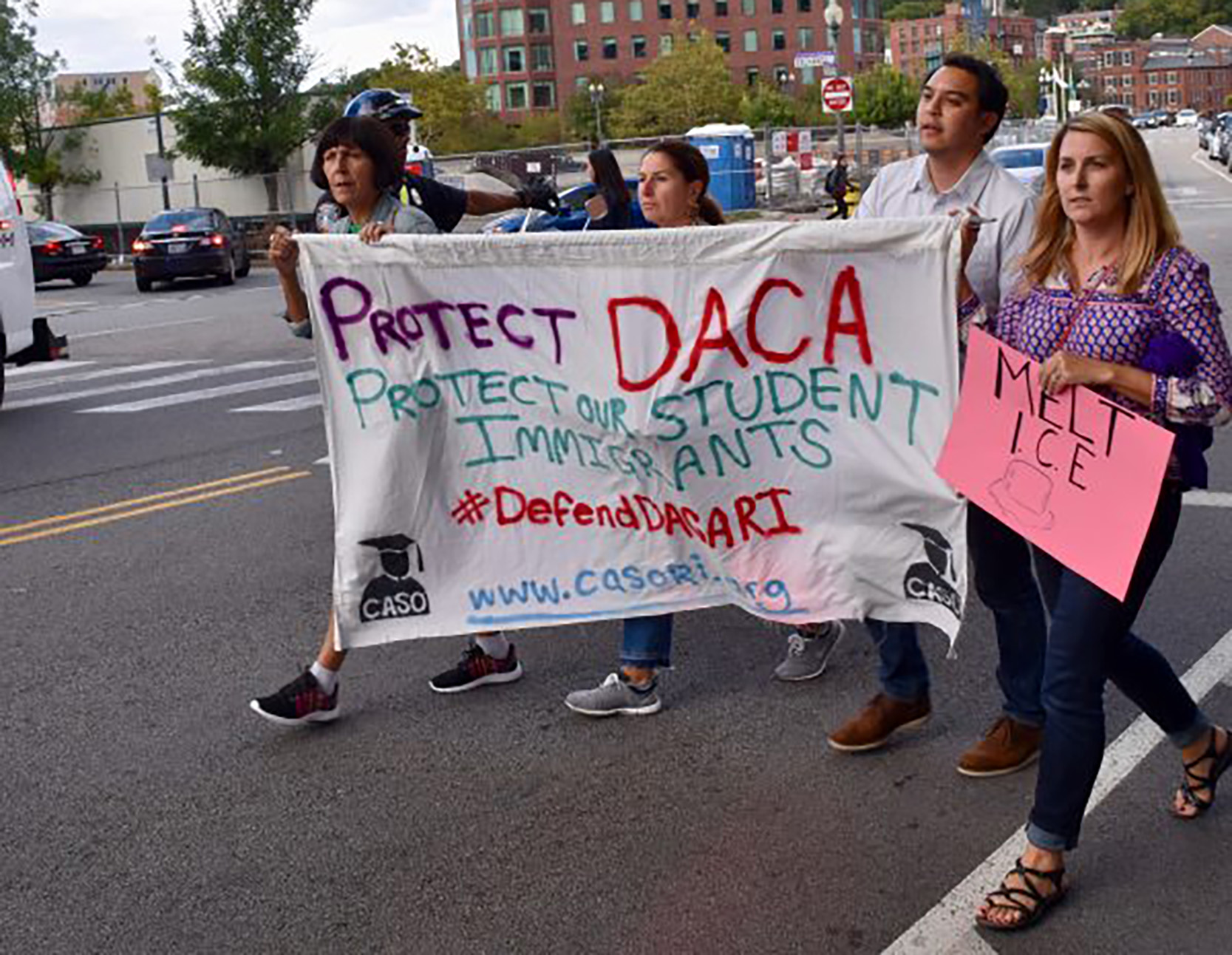DACA Upates
June | 2020

We anticipate that the Court will likely issue its decision close to the end of June 2020 — the exact timing is difficult to predict.
Here are some general list of the kinds of decisions the Court could reach:
- The Supreme Court concludes that courts may not review the Trump administration’s decision to terminate DACA.
- Pro: A ruling along this line would likely hold that courts do not have legal authority to review the government’s decision to end DACA and that the current injunctions that allow people to file DACA renewal applications are not valid. The current administration could likely then proceed to implement its decision to end DACA and would likely get to decide what to do with DACA applications and renewals pending at the time the Court issues its decision, including recently-issued renewals and work permits.
- Con: A future administration could reinstate DACA — maybe even provide stronger protections than DACA does — and, if the Court’s rationale applies, that administration’s decision would be protected from challenge in the courts.
- The Court concludes that it may review the administration’s decision to terminate DACA and rules that the termination is unlawful. This would be a win for DACA recipients.
- If the Court rules that the decision to terminate DACA is unlawful, it could put the situation back, essentially, to September 4, 2017 (the day before the government announced that it was terminating DACA), when renewals, new first-time applications, and advance parole were all available. So far, the lower court decisions that would have allowed for new first-time DACA applications and advance parole have been put on hold as the DACA cases moved to the Supreme Court.
- Under this scenario, we’ll have to see exactly how the Court’s decision is written before we’ll know whether people will again be able to file first-time DACA applications and whether DACA recipients will be able again to request advance parole.
- But these are just some possibilities. And, we can’t be certain how the Trump administration will respond to the Court’s ruling. For example, after the Court rules, the administration
- could potentially
- Try again to end DACA based on different legal reasoning.
- The Court concludes that it may review the decision, and it decides that the Trump administration’s termination of DACA is lawful.
- The reasons the Court gives for reaching this decision will affect how abruptly the DACA program is terminated completely or scaled back.
If the Court concludes that the process by which the government decided to end DACA was legally sufficient, the Trump administration will determine how DACA is rolled back. Under this scenario, we’ll have to wait to see what the administration does about:
- Processing DACA renewal applications that are pending at the time the Court issues its decision
- Either allowing work permits to expire on their stated expiration dates or attempting to “recall” work permits and DACA protections that have not yet expired
If the Court concludes that DACA itself is unlawful:
- There will no longer be a possibility that new first-time DACA applications will be accepted.
- The government will stop accepting DACA renewal applications.
- It’s possible that work permits issued to DACA recipients will remain valid until their expiration dates, but whether they do will depend on the Court’s reasoning and how the administration reacts to the Court’s decision.
blog comments powered by Disqus








